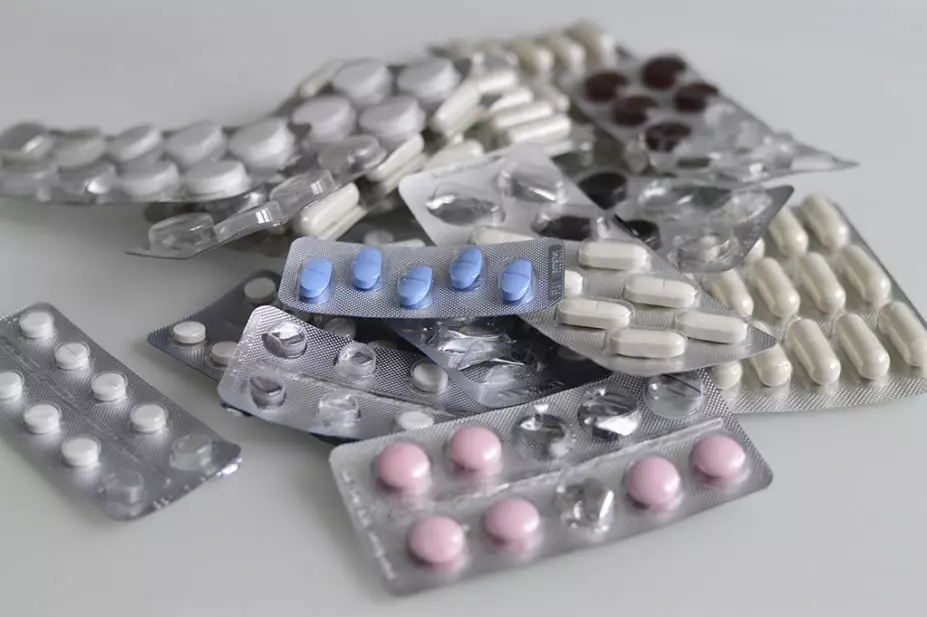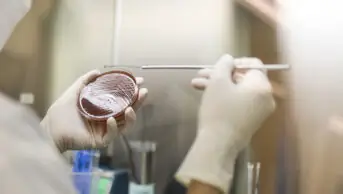
Shutterstock.com
The Royal Pharmaceutical Society (RPS) is encouraging NHS organisations across the UK to set up ‘antibiotic amnesties’, in which unwanted antibiotics can be safely returned to suitable sites — including community pharmacies — for disposal.
The call came ahead of World Antimicrobial Awareness Week, which will run from 18–24 November 2022 and has adopted the theme ‘Preventing antimicrobial resistance together’.
In a statement published on 9 November 2022, the RPS said: “Unsafe disposal [of antimicrobials] can contaminate the environment and increase the spread of resistance genes among bacteria, putting human and animal health at risk.”
The Society has created a toolkit aimed to help local healthcare providers organise an antibiotic amnesty campaign. It includes advice on how to work with local bodies, such as clinical commissioning groups, local pharmaceutical committees and health boards; how to engage local staff, volunteers and politicians; and how to promote the campaign through social and traditional media.
Claire Anderson, president of the RPS, said: “Returning antibiotics that are out of date or no longer required for safe disposal is an important way to reduce antimicrobial resistance. That’s why we’re supporting providers with a resource to set up an ‘antibiotic amnesty’ when suitable in co-ordination with local teams.”
In previous years, antibiotic amnesties have been run at a local level. In November 2021, 239 pharmacies in the Midlands took part in an antibiotic amnesty campaign, during which 369 partially used packs and 126 unused full packs of antibiotics were returned.
An online survey of 663 UK participants, conducted in July 2019, found that, of those who had disposed of unused medicines, the bin was the most common means of disposal, with just under half (48%) of medicines being thrown away.
A quarter (25%) of unused medicines were disposed of in toilets and sinks and 27% were returned to a pharmacy.
A spokesperson for NHS England said: “We encourage everyone to support the Royal Pharmaceutical Society’s call for an antibiotic amnesty, which will help make sure antibiotics are safely disposed of and crucially reduce antimicrobial resistance in the environment.”
A spokesperson for the Welsh government said: “We welcome the RPS’s guidance and encourage all pharmacies to consider what more they can do to ensure unused antibiotics are returned to help reduce the risk of antimicrobial resistance.”


